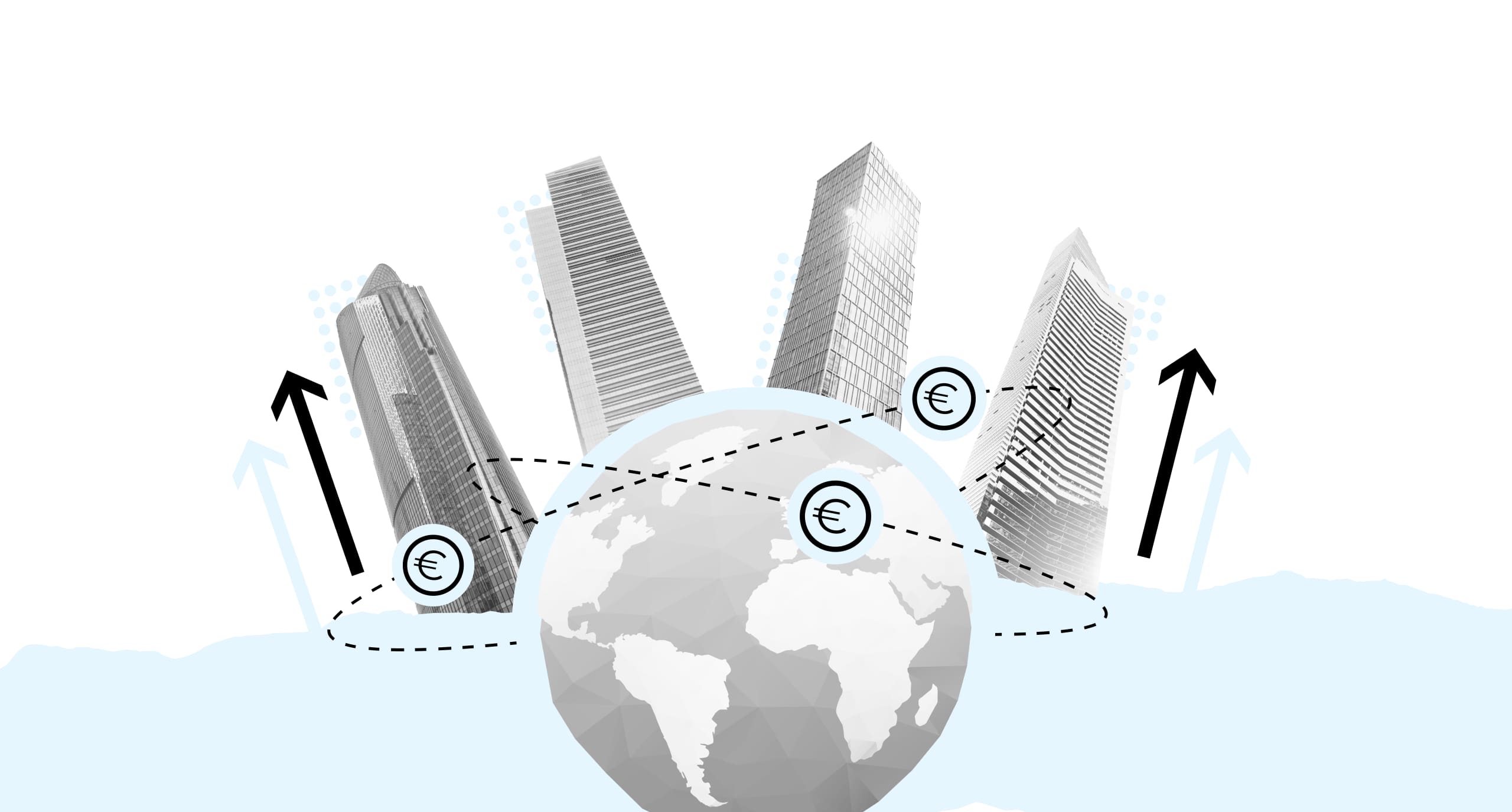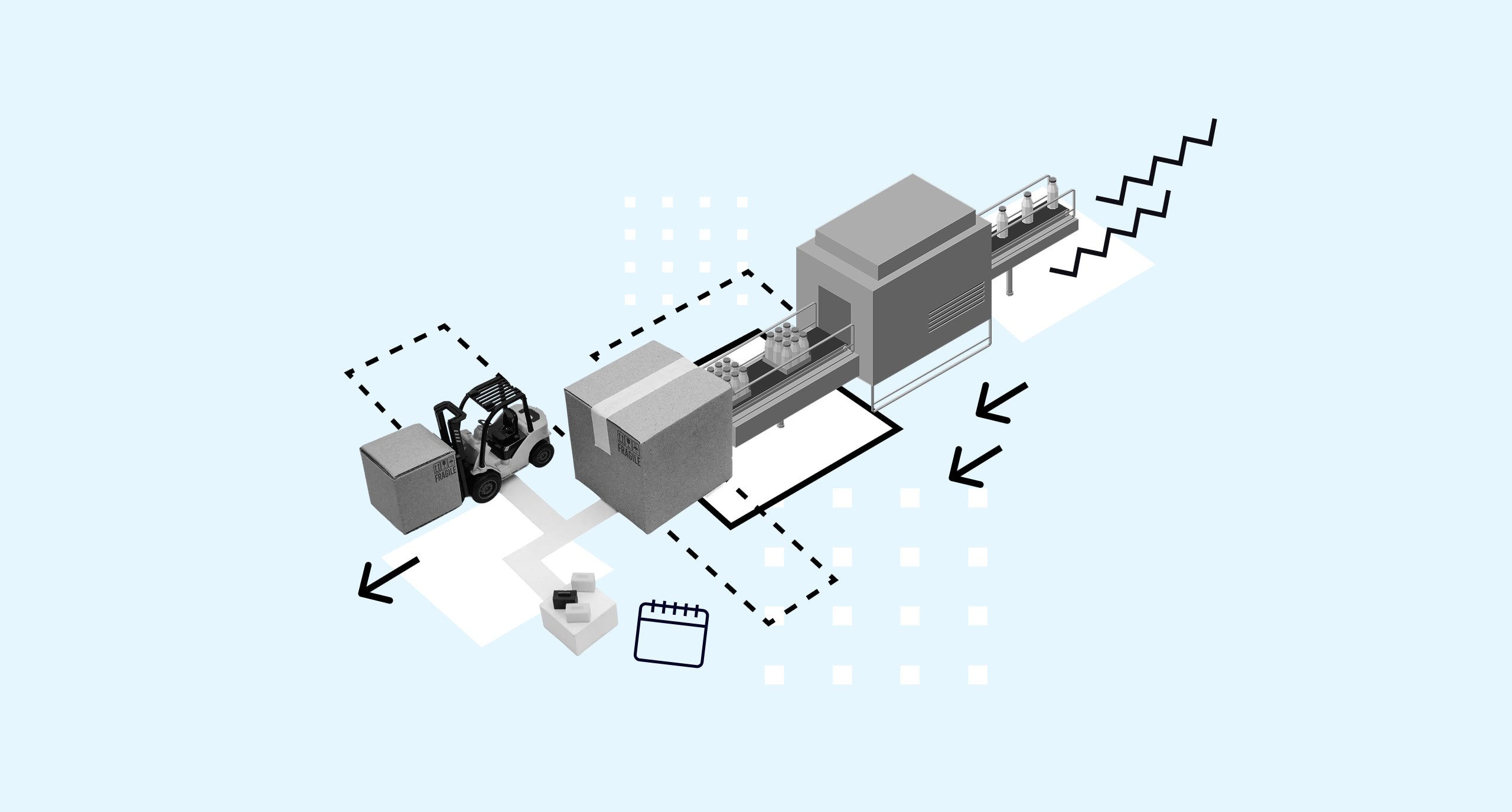Let’s be blunt. The ground under business is moving, and the leaders who still manage by habit are about to get left behind. Markets are faster, teams are more global, and intelligent systems are now teammates. If you want a seat at the big table, you don’t need a louder voice. You need a sharper operating system.
Below, you’ll see the five leadership trends shaping results now, why they matter to your career, and how you can build them for real. Read it, then move.
What does leadership mean in today’s business world?
Leadership is not your title. It’s your ability to align people around a clear direction, unlock their best work together, and adapt when the world swerves. In practice, that shows up as trust you’ve earned, decisions you own, and outcomes your team can’t reach without you.
If you’re waiting for authority to lead, you’re already behind.

Modern leadership is learned behavior, not fixed personality. You get there by knowing yourself, managing your state, and showing up consistently as a human being who tells the truth.
As Vice Dean Lucia Egea at IE Business School explains, “Teaching leadership isn’t about whether you’re online or in person. The format doesn’t determine it—you have to put it into practice. You learn good negotiation, and then you learn good negotiation online.” For her, the Global MBA’s hybrid model “starts face-to-face—where students practice persuasion and communication—and then moves online, where they refine those skills in real time. That’s leadership in action.”
Context still rules. What works in a crisis may fail in a scale-up. The job is to read the room, match behavior to the moment, and switch gears without drama. Do this well and people follow you when it’s hard—not because they have to, but because they want to.
What are the biggest leadership trends in business today?
AI-augmented leadership
You’ll lead hybrid teams of people and intelligent agents, which means you need data literacy and AI judgment to define problems, set constraints, and audit outcomes. The point isn’t automation for its own sake. It’s augmentation—using machines to elevate human work while you set direction, reduce fear, and make meaning.
Inclusive leadership
Teams with diversity of thought and experience outperform when they feel safe to contribute, decide, and disagree. The leaders who win create belonging on purpose, measure behavior not just output, and turn values into operating norms. It’s engagement, speed, and quality decisions—not politics.
Lucia sees this every term when teaching MBA programs. “You arrive with people from 30 or 40 nationalities, and you realize diversity is welcome,” says Lucia. “Openness to different opinions and cultures is what makes the experience transformational.”
Adaptive leadership
You’ll face problems without playbooks, so you must distinguish technical fixes from adaptive challenges, invite dissent, and learn in short cycles. The leaders who thrive communicate clearly under uncertainty, move authority to the edges, and keep the system learning faster than the market changes.
As Lucia puts it, “You won’t have the whole picture clear—you need a blurry picture. Navigating uncertainty is something we teach.” She contrasts this with old-style management: “It’s not about redoing the file; it’s about foreseeing scenarios and combining options to show what could happen.”
Purpose-driven leadership
Stakeholders expect you to balance performance with responsibility. The play is simple: be explicit about the outcomes you’re here to create, align resources to them, and report the value delivered to customers, teams, communities, and investors. Purpose isn’t a slogan. It’s a strategy.
Networked leadership
This is the replacement for hero leadership. High-performing organizations run on connected, self-managing teams that create value together. Your job shifts from directing in a hierarchy to catalyzing across an ecosystem—breaking silos, standardizing how you work together, and scaling what works through partnerships.
Why do these trends matter for your career?
Employers are done rewarding “busy.” They’re hiring for leaders who translate complexity into momentum. If you can steer AI-enabled work, build inclusive performance, and adapt without noise, you’re the one they trust with bigger mandates. That’s how you move from manager to value creator.
These trends compound. AI fluency without empathy breeds fear. Inclusion without results breeds drift. Adaptability without purpose breeds chaos. Stack them together and you get velocity—clarity of aim, quality of decisions, and teams that execute under pressure.
Careers now pivot on credibility you can demonstrate, not potential you promise. The market wants evidence: launches shipped, teams scaled, crises stabilized, ecosystems built. Build your leadership in live environments and you’ll have the receipts that move you forward.
What are the best tips for career progression as a manager?
Every ambitious professional hits “the messy middle”—that in-between stretch where you’re too experienced to play small but not yet in the room where real decisions get made. It’s where your skills outgrow your title, where comfort starts to feel like compromise. Most people panic here. The smart ones use it. The messy middle isn’t a test of endurance; it’s a test of alignment. It asks one question: will you keep performing for approval, or start leading on your own terms?
The way out isn’t polishing your résumé—it’s sharpening your direction. Start by knowing your values and actually using them. Get ruthless about what you stand for, and surround yourself with people who tell you the truth. Then, keep learning like your relevance depends on it. Master new tech. Get fluent in finance. Build the strategic muscle that turns managers into decision-makers.
And above all, stop talking just to prove your value.

The Global MBA exists for those few who want to listen, ask sharper questions and move with intent. Most professionals settle before making that leap. It’s built for people done with the middle, ready to trade routine for reinvention. You’ll transform experience into vision, influence, and global credibility—and come out leading on purpose, not permission.
“In the past,” says Lucia Egea, “You’d think an MBA was just climbing to the C-suite. Today, it’s about pivoting—sometimes a double or triple jump. You start thinking about who you are, your career, your impact, your purpose.”
How can you develop leadership skills through the Global MBA?
The Global MBA is built for ambitious professionals who refuse to choose between today’s career and tomorrow’s ceiling. You’ll master the business toolkit, grow as a leader others trust, and expand your global lens through immersive experiences you can tailor to your path.
“You start with a 360° assessment,” says Lucia, “so you know where you are, what to focus on, and how to grow. From there, leadership is built through practice—role plays, simulations, AI-supported communication tools, and feedback loops that make you conscious of how you show up.”
Choose the concentration that fits where you’re going—Advanced Business Acumen, Leadership and Foresight, Entrepreneurship and Innovation, or Family in Business—and apply it in live contexts from San Francisco to Shanghai, Copenhagen to Riyadh. Global immersion weeks take you beyond theory, helping you build inclusive habits, cultural agility, and strategic awareness of how policy, capital and talent shape leadership worldwide.
The program’s flexible structure—online or blended, always rigorous—adapts to your goals while holding you to the highest standards. Across the journey, the Next Best You Accelerator keeps you honest. You’ll map your purpose, sharpen your influence, and track the behaviors that build trust.
“When we say ‘welcome to a transformational journey,’ we mean it,” says Lucia. “You need to let yourself flow and deal with uncertainty—because that’s the world we live in.”

Stay on top of leadership trends in business
Experience real career progression with our IE Business School’s Global MBA.

Benjamin is the editor of Uncover IE. His writing is featured in the LAMDA Verse and Prose Anthology Vol. 19, The Primer and Moonflake Press. Benjamin provided translation for “FalseStuff: La Muerte de las Musas”, winner of Best Theatre Show at the Max Awards 2024.
Benjamin was shortlisted for the Bristol Old Vic Open Sessions 2016 and the Alpine Fellowship Writing Prize 2023.


















